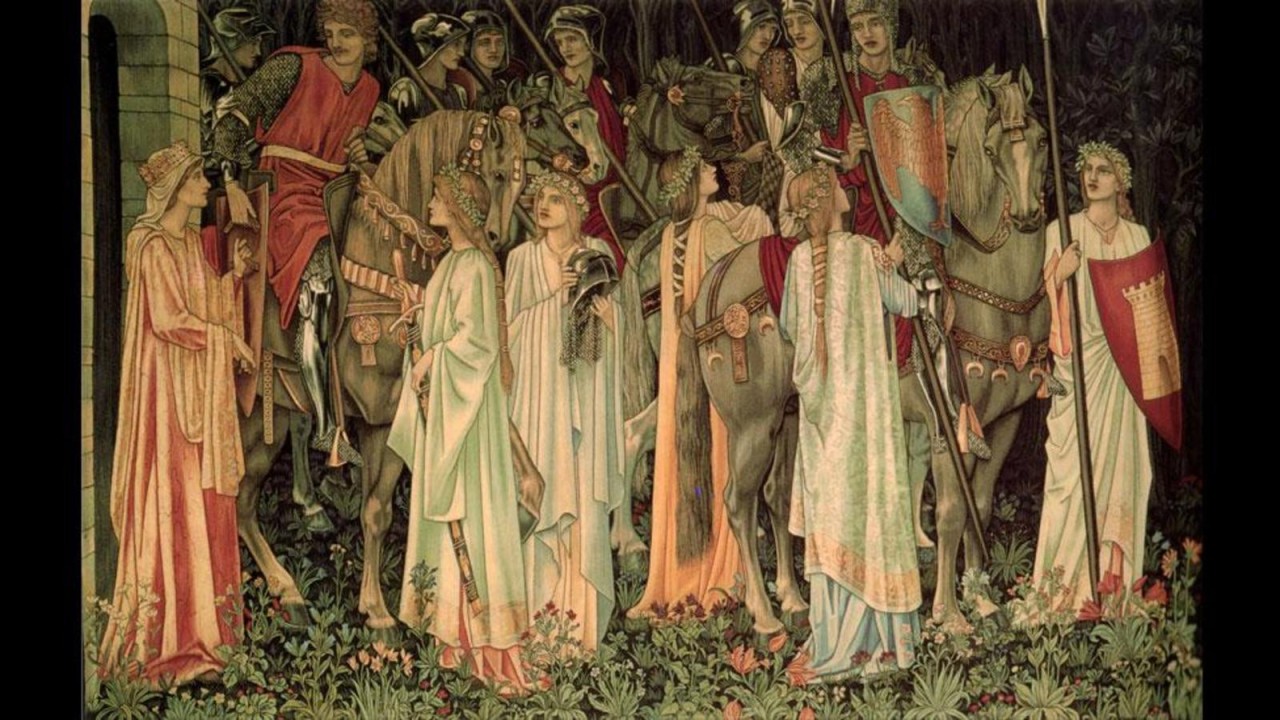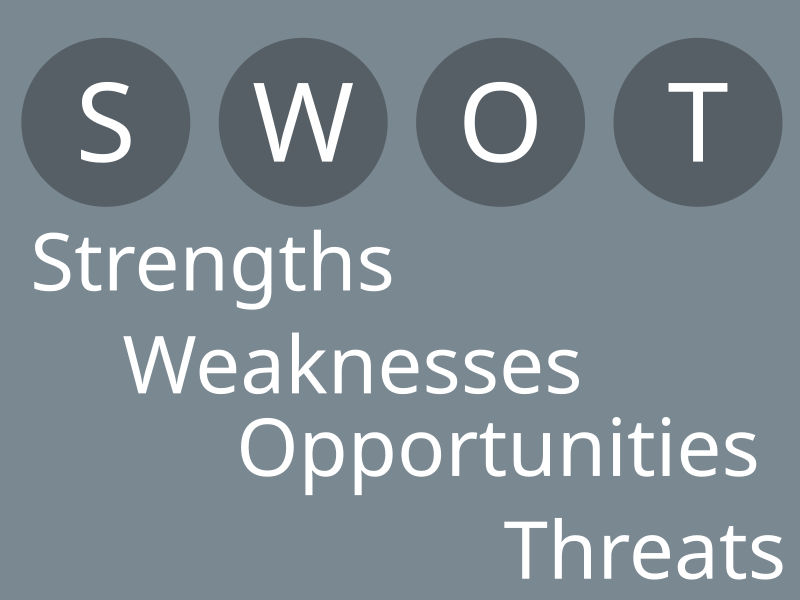
Leadership Challenges for Mayors in Council – Manager Forms of City Governments
After several decades of public service you become aware of pitfalls which can negatively impact the service of elected officials. My leadership experience has been in Council – Manager Forms of government. Having served in numerous cities with this form of government, I have had ample opportunity to study the journeys of newly elected mayors as they struggle to find their way and define their roles.
Mayors in many Council – Manager Forms of government have limited direct power. Mayors preside over the meetings, serve as the spokesperson for the council, may add items to the agenda, and have certain powers in cases of emergencies; their powers are, however, limited in that they can only vote in the case of a tie and typically do not count in the establishment of a quorum.

City Management: It’s not about today.
A constant tension exists between the past, present, and future in the life of a city manager. A manager is confronted with expectations along this timeline from citizens, council members, business leaders, and him/herself.
Those wishing to maintain the status quo will always look to the “good old days” and remind the manager that the city must maintain or in some instances return to the “way things were years ago.” These citizens usually are focused on a tradition, event, or manner in which commerce was conducted in the past. They hold these memories as important and seek to have these and the social interactions they served to create continue. Unfortunately, a manager cannot turn back time nor prevent changes which time creates, and attempts to recreate never seem to fulfill expectations of those seeking the way things were in the “good old days.”

Seasons of Leadership
There is an appointed time for everything. And there is a time for every event under heaven— Ecclesiastes 3:1
Ecclesiastes tells us that there are seasons in life. Life is a bookshelf with bookends of birth and death. The volumes between are those we choose to write and in many instances, those which we allow life to author for us. The seasons of life go far beyond the major events in our existence. They impact our families, our dreams and goals, and are played out in every area of our lives, including our careers. Our challenge as leaders is how we recognize the seasons and how the choices we make as life carries us from one season to the next.

The High Calling of City Council Service
Service as a city council member is distinctive in many ways from other service as an elected official. Council members serve the electorate in the community in which they live, work, and raise their families. Oftentimes the families of those elected to city councils have lived in these cities for generations. In a word, council members are typically “woven” into the fabric of the communities where they have chosen to serve. They may feel called to serve because of strong familial, emotional, and economic ties to their cities; or simply a sense of purpose and duty to make their communities better. The calling they feel to aspire to these leadership positions is noble and quite strong, as it is a calling to what often seems a “thankless” form of public service.

SWOT Analysis of City Council Leadership Roles and Functions
SWOT analysis is a commonly used planning/management tool. It provides organizations a means to analyze their strengths, weaknesses, opportunities and threats. Each of these operational areas contribute to the organization's overall health and potential for growth.
Communities are complex organizations. Community planners often use a SWOT analysis in the development of community master plans. Leadership is always one area of analysis in the development of a SWOT for a city. Leadership, particularly elected leadership may be the most crucial determinant in the health, growth, and prosperity of a community. While this is true for all communities this is particularly critical for small communities. In understanding the roles and functions of municipal elected officials it may be helpful to view them through the SWOT lens. This paper is an attempt to examine elected leadership through this analysis methodology.
Community Leadership Reimagined
The turbulence we are witnessing in our nation’s cities is a symptom of something beyond systemic racism, lack of social or economic justice, or political division. In my opinion it is a symptom of a self-centered and isolated existence which has crippled social development for thousands of years. Positive social change begins with our ability as leaders to think, feel, listen, speak and act with the understanding that it is not about us – it is about the generations which will follow. The decisions we face as leaders must be framed in the context of the future lives of others’ children, grandchildren and even great grandchildren, not simply the lives of those we serve today.
